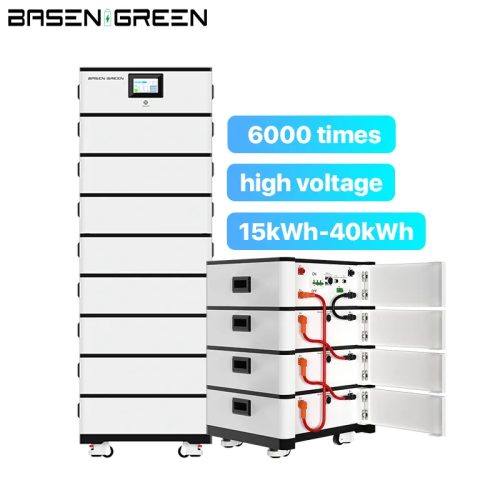The Advantages of High-Voltage Batteries and Their Environmental Impact
Exploring the world of high-voltage batteries reveals a range of benefits over traditional low-voltage options. However, understanding their environmental implications is equally important. This blog delves into the advantages of high-voltage batteries and examines their environmental impact.
Advantages of High-Voltage Batteries
Enhanced Efficiency and Performance
Improved Energy Density
High-voltage batteries typically have a higher energy density, allowing them to store more energy in a smaller footprint. This makes them ideal for applications where space and weight are critical factors.
Lower Energy Loss
These batteries exhibit lower energy loss during conversion processes, such as from DC to AC power. This efficiency is particularly beneficial in systems that rely on energy conversion, like solar power setups.
Suitability for Diverse Applications
Versatility in Use
High-voltage batteries are versatile, finding applications in various sectors, including electric vehicles, industrial machinery, and renewable energy systems.
Scalability
Their ability to handle higher power loads makes them scalable and suitable for systems that may require future expansion or upgrades.
Longevity and Cost-Effectiveness
Extended Lifespan
With higher efficiency and improved technology, high-voltage batteries often boast a longer lifespan compared to their low-voltage counterparts.
Reduced Long-Term Costs
Though the initial investment might be higher, the extended lifespan and lower maintenance requirements can lead to reduced long-term costs.
Environmental Impact of High-Voltage Batteries
Energy Efficiency and Renewable Energy Integration
Reduced Carbon Footprint
The efficiency of high-voltage batteries can lead to a reduced carbon footprint, especially when integrated with renewable energy sources.
Encouragement of Sustainable Practices
Their compatibility with renewable energy technologies encourages the adoption of more sustainable energy practices.
Manufacturing and Recycling Considerations
Resource Intensity in Production
The production of high-voltage batteries often requires significant amounts of resources and energy, which can have environmental implications.
Challenges in Recycling
Recycling high-voltage batteries can be complex due to their advanced materials and technology. However, ongoing developments in recycling methods are improving the sustainability of their life cycle.
Conclusion
In conclusion, high-voltage batteries offer numerous advantages, including improved efficiency, versatility, longevity, and potential cost savings. They align well with sustainable energy practices, especially when used in conjunction with renewable energy sources. However, the environmental impact of their production and recycling processes is an important consideration. As battery technology continues to evolve, balancing performance with environmental responsibility will remain a key focus in the advancement of high-voltage battery solutions.


